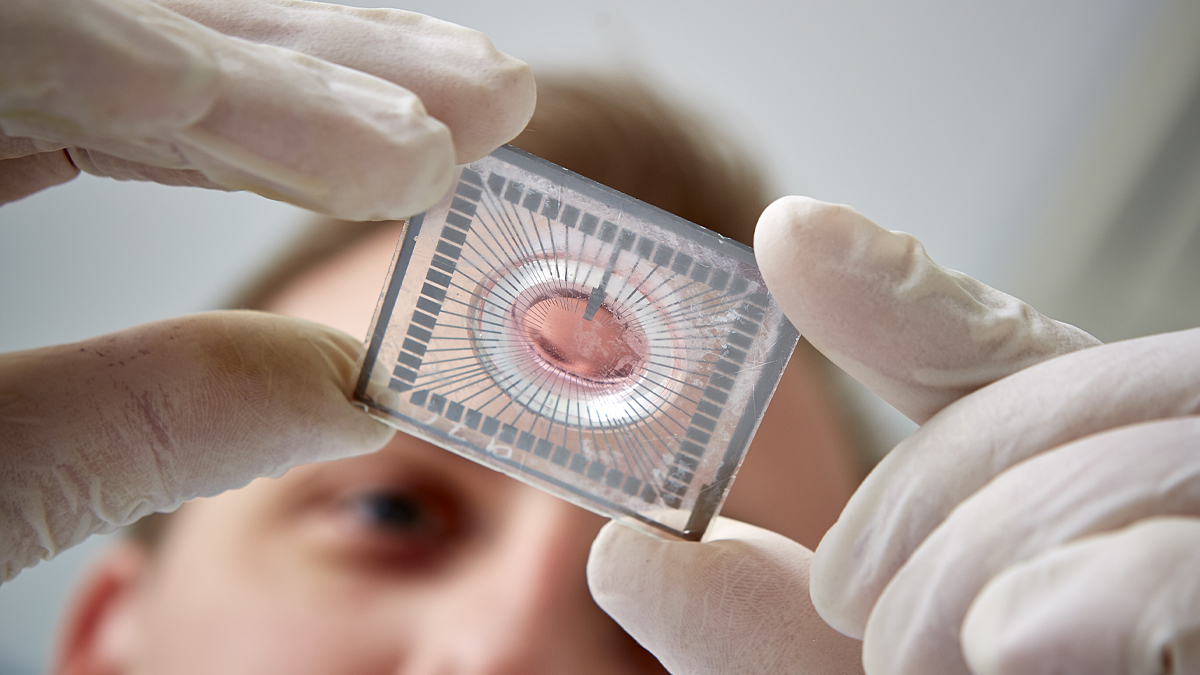Herbal and Complementary Medicines (HCM) is an area which is of growing importance to healthcare, so it is important to ensure that the products used fulfil the relevant quality standards. The aim of this project is to look at a range of selected plants, which are established or known for their traditional use in the treatment of infections, cancer or other relevant clinical issues to human health.
The research will include a full literature search, verification and extraction of plant material, full chemical analysis and the biological testing against a range of relevant bio-assays in order to understand their potential clinical application.
Within this project you will have the unique opportunity to work in a multidisciplinary team exploring new medicinal plants, studying their photochemistry and potential biological activity in order to establish quality standards for safe application.



